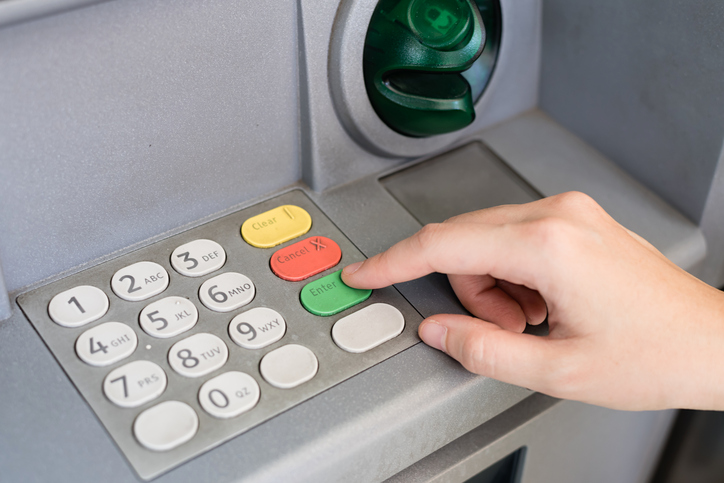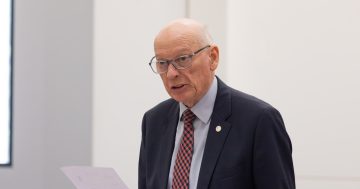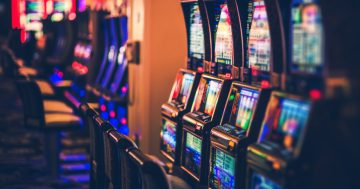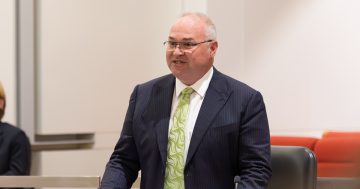
There has been a lot of talk about gambling lately. And, yes, there’s more to talk about.
A current issue of debate is the different rules for access to cash in gambling venues. Surprisingly, while there is a $250 limit for ATMs, there are no limits on the amount of money that club patrons can access via EFTPOS facilities.
A couple of weeks ago the ACT Government released the results of an investigation into ACT clubs’ management of access to cash in venues, and clubs responses to these differing rules. The results of this report were alarming in that they found that while ACT clubs are not breaking the law, they are actively promoting activity that circumvents efforts to limit access to cash in gambling venues. This is concerning given limiting access to cash in venues is a strategy that is proven to reduce gambling harm and protect consumers of gambling products.
It’s well accepted that there is the need for regulation on products that are known to be harmful. Given what we know about the addictive design of the pokies, there are strong arguments for restricting access to cash in gambling venues. This strategy is based on strong evidence that shows that easy access to cash is one of the key reasons why people who are suffering gambling harm overspend. While limiting access to cash won’t help everyone, it can make a big difference by moderating the amount of money that someone experiencing gambling harm can lose on the pokies in a single session.
The ATM limit has been in place since 2013. Disturbingly, since the introduction of this law we have seen clubs in the ACT region actively promote access to cash through alternative means – including active promotion of access to EFTPOS facilities throughout venues, placing EFTPOS machines next to ATMs and designing EFTPOS machines that have the look and feel of ATMs.
After concerns were first raised about these practices in 2015, industry persuaded the government that this could be managed through a voluntary code of practice. There was scepticism at the time that this would be effective, and the results of this damning report highlight the inability of clubs to regulate themselves. It’s is now very clear that the current regulations fail to offer adequate protection to users of products that we know are harmful. This report also calls into question the ability of clubs to weight the safety of members above the potential profits that flow from the pokies, even when we know that almost half of these profits come from people experiencing gambling harm.
The Government has expressed their concern at the findings and is currently investigating how to respond. This is good news. It is hoped by advocates for stronger laws to reduce gambling harm that this response is swift and effective and results in an alignment of the rules around access to cash.
While we wait for the details of the Government response, it’s time for the clubs to step up and support alignment of ATM and EFTPOS rules for gambling venues. The Community Clubs group, a new industry peak group, is talking about the role to play in reducing gambling harm, and responding to this issue is an early test of how genuine they are in being part of the solution. The early signs are disappointing given they seem to be resisting calls for stronger laws and instead advocating the continuation of self-regulation and staff training, despite the evidence that these approaches are woefully inadequate in protecting consumers from gambling harm. While the actions of clubs themselves have actively undermined current rules, these industry advocates now suggest that tightening the rules is ‘well intentioned’ but won’t work.
If clubs are serious about protecting their customers, they will support calls for this loophole to be closed and introduce measures that are based on evidence. This is the only way that clubs can demonstrate to the community that they are prepared to be part of the solution.
Do you support restrictions on the amount of cash that club patrons can access from EFTPOS facilities to be the same as ATMs?
Rebecca is the co-chair of the Canberra Gambling Reform Alliance, a community based alliance advocating for stronger regulations to reduce the level of gambling harm




















